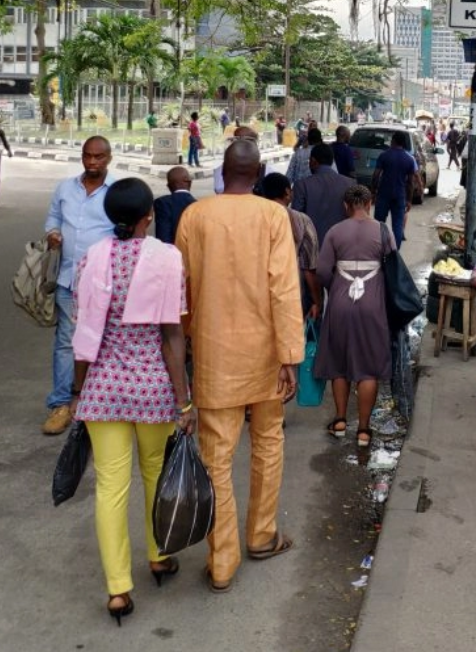“Walking is our asset”
How to retain walking as a valued mode of transport in African cities

This study titled “Walking is our asset”: How to retain walking as a valued mode of transport in African cities investigates the prevailing mode of transportation in African cities, where walking serves as the primary means of mobility. Despite an increasing recognition of the importance of preserving and enhancing pedestrian pathways, the continent faces a notable absence of adequate walking infrastructure. Existing policies often fall short, and the lack of research on the key factors influencing the implementation of transport and urban planning policies in Africa further complicates the situation. Moreover, international best practises may not be directly applicable to the diverse contexts within Africa.
This research delves into the political and decision-making processes within African transport authorities to unravel the reasons behind the marginal allocation of resources and operationalisation for walking. Through thirteen qualitative interviews with national and city-level stakeholders involved in transport policy and practise in Africa, the study sheds light on the undervaluation of walking by stakeholders, particularly those who do not rely on walking as their primary mode of transport.
The identified barriers to change include the following:
- Ineffective policies
- Limited capacity
- Insufficient knowledge to drive meaningful transformations
Abstract based directly on source.


Comments